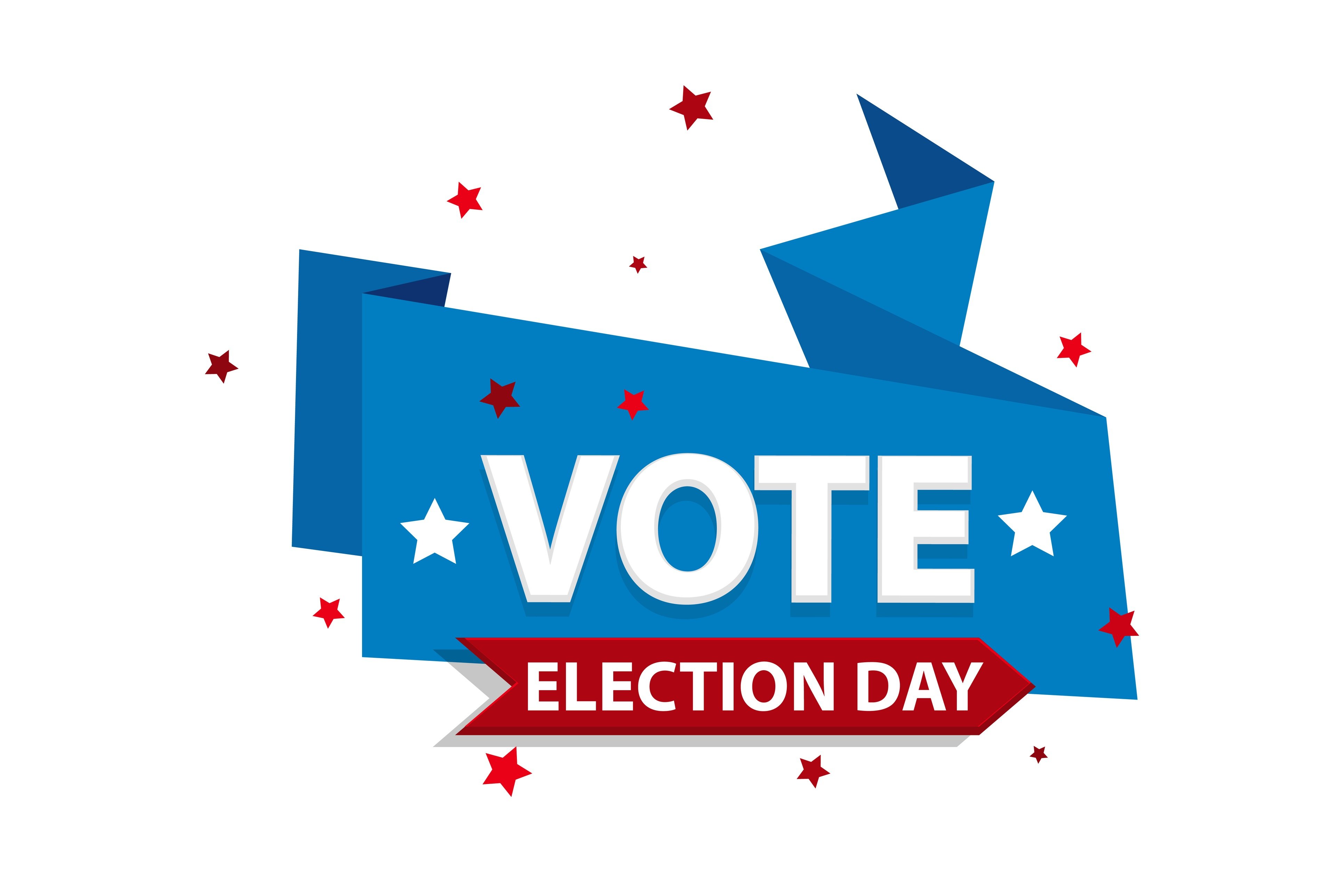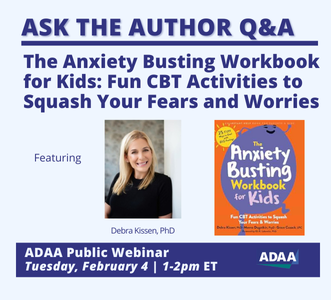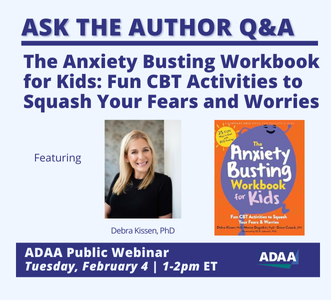10 Tips to Manage the Uncertainty, Anxiety and Stress of the Midterm Elections
10 Tips to Manage the Uncertainty, Anxiety and Stress of the Midterm Elections

Well-meaning advice for people overwhelmed by current events often includes encouragement to be patient, stay calm and keep the faith… but how are you supposed to do that amid the political division and constant flood of upsetting news stories?
As a practicing clinical psychologist and professor who studies how to manage anxiety and tolerate uncertainty, I offer 10 suggestions to make it through this stressful period.
1. Put the phone down!
While it is tempting to stay glued to your devices during this time, the never-ending doomscrolling and screen-refreshing becomes overwhelming and keeps you in a state of tension and constant vigilance. The excessive consumption of news and social media predicts poorer long-term mental health during times of crisis.
Plan some breaks where you can engage in other activities that take your mind off politics and the many other uncertainties we face and allow things to feel a little more normal for a while.
2. Uncertainty doesn’t equal catastrophe
It’s hard not to know things – outcomes of elections, next wave of COVID, inflation trajectory, for instance. But not knowing shouldn’t mean that you assume your worst-case scenario will occur. When you’re anxious (as many of us are right now), you tend to assign threatening meanings to ambiguous situations, but this tendency is neither accurate nor helpful. Jumping to catastrophic conclusions is like setting off a series of false alarms that keep you on edge and exaggerate your sense of threat.
3. Don’t retreat, get involved
The feelings of apprehension can trigger a desire to withdraw and hole up. While that response is natural, it tends to be counterproductive. Staying engaged in activities that give you a sense of accomplishment, pleasure or meaning can make managing this time easier. This can also help you feel a greater sense of control. For instance, if you feel strongly about a particular election race, get involved in whatever ways you can – writing postcards, knocking on doors, making calls – these activities help us feel like we’re contributing and help us stay connected with others who share our values, which is great for managing anxiety (and might help your candidate actually win!).
4. Remember it won’t always feel this way
While in many ways it is true that the stress of the last few years is unique and unprecedented, it’s also the case that human beings tend to be remarkably resilient, even in the face of tremendous stress and trauma. This difficult time will not last forever. Things won’t magically all get better and too many people are dealing with tremendous (and in too many cases, irreversible) losses, but it won’t always feel this intense.
5. Don’t go through this time alone
When people experience stress, they cope much better if they have social support.
So reach out and stay connected – whether that means texting about the latest vote count with a friend, watching debates together, or purposefully taking a break from ruminating on current events (it’s a great chance to deeply discuss what will happen in the next season of Stranger Things or Ted Lasso).
6. Keep healthy routines
While recommendations for self-care may seem unimportant, maintaining a regular and healthy eating, sleep and exercise pattern can go a long way toward keeping your resources sufficiently replenished so you can meet the high demands of this time. There is increasing evidence that poor sleep is closely connected to many mental and emotional health difficulties. So stop refreshing your feed and try to sleep.
7. Help others
This may feel like an odd time to be asked to support others when you feel so depleted yourself, but helping others is linked to benefits in your own mental health.
Moreover, it provides a sense of control. There’s so much during this time that you cannot control – there is no magic wand that can make your favorite candidate win or magic 8 ball that can predict who will control the senate after November. But taking action to improve things now for the people around you both helps others and reminds you that you can make a difference in meaningful ways.
So, as we ride out the ongoing stress of this time, bake cookies to drop off for a friend, offer to take an item off a work colleague’s overwhelming to-do list, or write a note of thanks. If you’re in a position to help, make a donation to a cause you care about, political or otherwise. It’s a win-win.
8. Take a breath
Each person is different in what helps them to relax or feel more centered. Focusing on and slowing down your breathing, for instance, can help keep you grounded in the present moment and reduce the spiral of upsetting thoughts about what might come next.
For many people, online mindfulness exercises or relaxation recordings can make a big difference. Check out online mental health programs that have been reviewed by experts and pick the resource that’s right for you.
9. Offer compassion
The accumulated stress of ongoing political uncertainty, COVID-19 worries, climate fears, economic anxiety, conflicts around the world, racial and other injustices means few of us are at our best right now.
There’s a lot of room between performing at 100% of your usual capacity and climbing into bed and hiding under the covers for days on end. Personally, I’m trying to average 80%. People managing greater challenges at this time than I am may shoot for a lower percentage.
Almost no one is making it through the last few years unscathed, so kindness to ourselves and others is desperately needed.
10. Reach out if you need additional help
If recommendations 1-9 aren’t cutting it, there are lots of resources to help people through this difficult period:
• National Suicide Prevention Lifeline: 988
• Crisis Text Line: Text HOME to 741741
• Find a therapist
• Find culturally responsive mental health care
• Try an app focused on managing COVID-19 & related stressors of this time, such as COVID Coach
• Use my research team’s free intervention to reduce anxious thinking: MindTrails (part of an online study)
Be patient, stay calm and keep the faith is a tall order. I’ll be happy if I can get part of the way there.



















